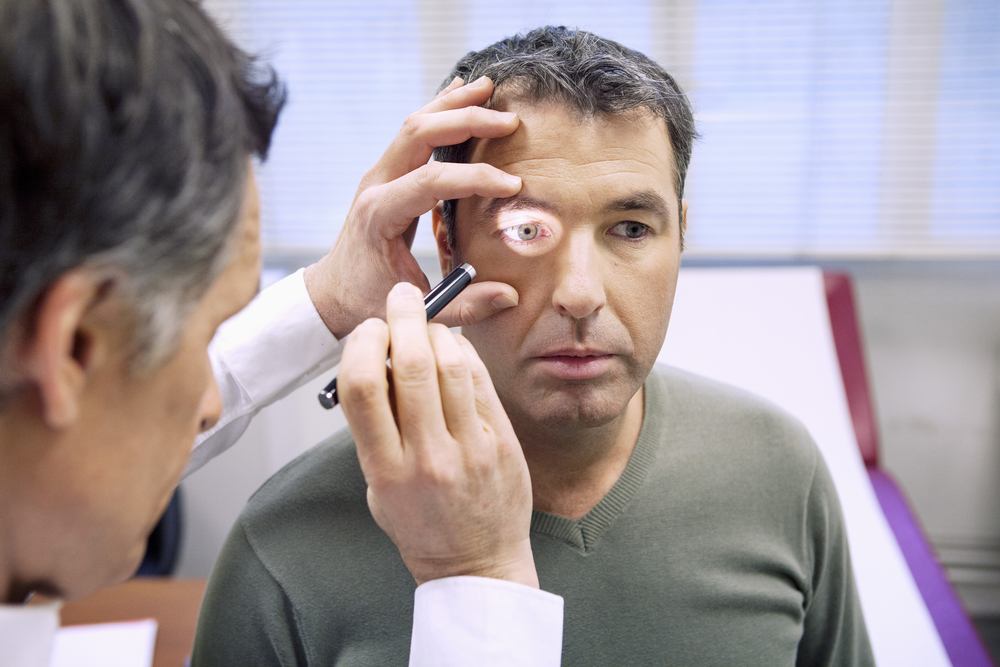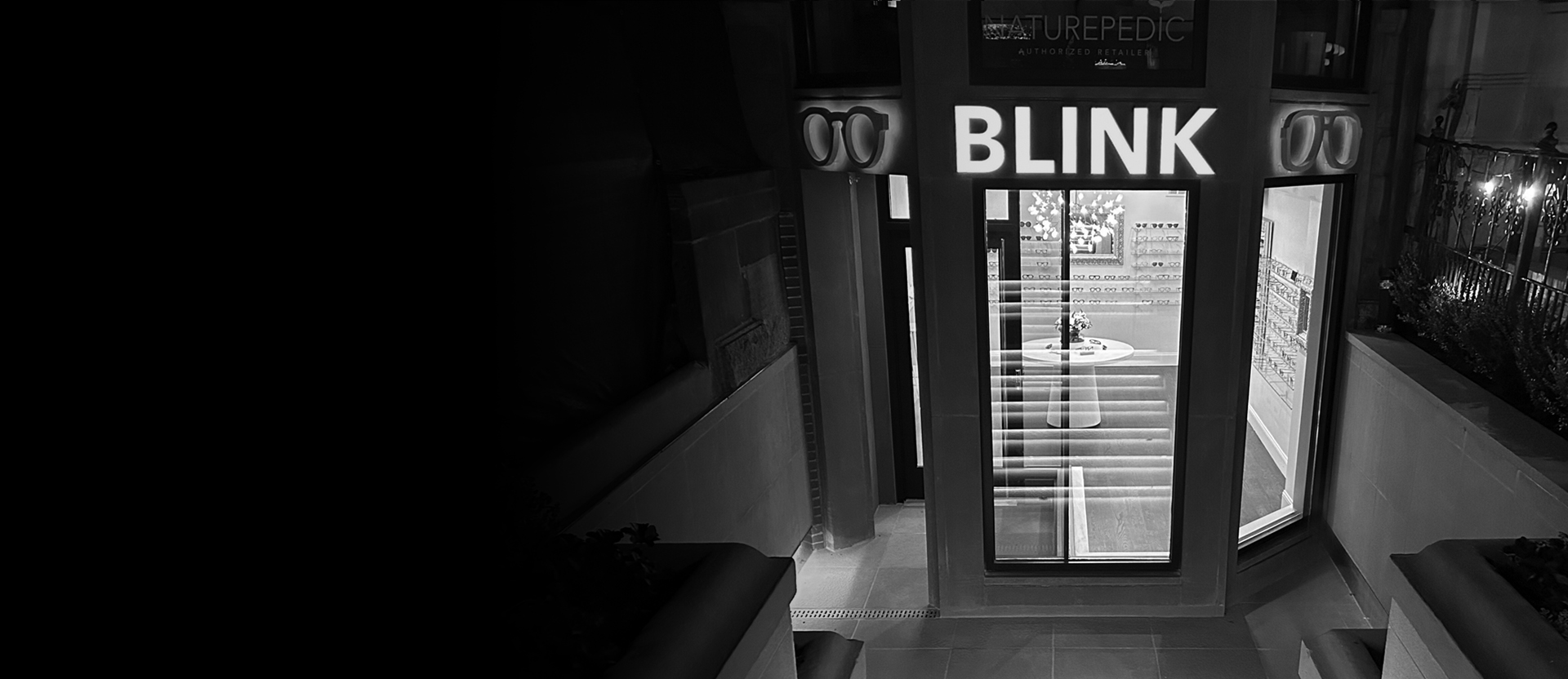
Your eyes are more than windows to the world—they connect you to life’s moments, beauty, and experiences. Yet, it’s easy to take them for granted until something feels off. While regular eye exams are a cornerstone of long-term eye health, there are times when immediate attention is essential to protect your vision.
At BLINK, we believe caring for your eyes should feel as luxurious and effortless as seeing the world clearly. Let’s explore the signs that mean it’s time to prioritize an exam.
The Importance of Regular Eye Exams
Many eye diseases, such as glaucoma, macular degeneration, and diabetic retinopathy, develop without noticeable symptoms in their early stages. Regular exams can catch these conditions early, improving treatment outcomes and preserving vision. While these eye exams are crucial for maintaining eye health, there are times when you should seek medical attention promptly. Let’s explore the key signs your eyes may need immediate care.
Sudden Vision Changes
If you experience sudden blurriness, partial loss of vision, or distortions like wavy lines or dark spots, it could indicate a serious issue such as a retinal detachment, macular edema, or even a stroke. Time is critical in these situations—early intervention can prevent permanent damage.
Persistent Eye Pain
Eye pain, whether sharp, dull, or throbbing, is a red flag that something may be wrong. Conditions like corneal ulcers, acute angle-closure glaucoma, or optic neuritis can cause significant pain and require immediate medical attention to avoid complications.
Redness or Swelling That Doesn’t Go Away
Occasional redness can result from fatigue or minor irritations, but persistent redness or swelling might be linked to infections like conjunctivitis, blepharitis, or uveitis. If accompanied by pain, light sensitivity, or discharge, seeking medical care is critical.
Flashes of Light, Floaters, or Shadows
A sudden appearance of flashes of light, an increase in floaters, or a shadow in your peripheral vision can signal a retinal tear or detachment. These conditions are vision-threatening emergencies that require immediate attention to preserve eyesight.
Unexplained Light Sensitivity
Increased sensitivity to light (photophobia) may indicate issues such as corneal inflammation, migraines, or underlying infections. When light sensitivity appears suddenly or is accompanied by other symptoms like redness or pain, a professional evaluation is essential.
Chronic Headaches Linked to Vision
Frequent headaches, particularly those that worsen with reading or screen time, may signal uncorrected refractive errors, digital eye strain, or eye alignment problems. An eye doctor can determine whether your eyes are the source of your discomfort.
Difficulty Seeing at Night
Struggling with night vision or seeing halos around lights can be an early sign of cataracts, vitamin deficiencies, or retinal diseases. Addressing these symptoms early can improve safety and comfort during nighttime activities.
Double Vision
Double vision, or diplopia, can occur for various reasons, ranging from eye muscle imbalances to nerve damage or neurological disorders. An ocular medical consultation can uncover the cause and guide treatment.
Why Seeking Prompt Medical Attention Matters
Ignoring or delaying medical attention for eye symptoms can lead to irreversible damage. Seeking timely care ensures:
• Early Detection: Identifying problems early often means simpler, more effective treatments.
• Preservation of Vision: Many eye conditions, if left untreated, can lead to permanent vision loss.
• Prevention of Complications: Prompt treatment reduces the risk of worsening symptoms or additional health issues.
Partner with BLINK for Comprehensive Eye Care
At BLINK, we’re committed to helping you protect your vision and overall eye health. Whether you need a routine exam or are experiencing concerning symptoms, Dr. Coen will conduct a thorough evaluation, provide a precise diagnosis, and recommend personalized treatment options tailored to your needs.
Don’t wait for symptoms to worsen—schedule your consultation with BLINK and ensure your vision stays clear and healthy for years to come. Visit our office on Newbury Street in Boston, or reach us at (617) 780-0728 to book your appointment today.


